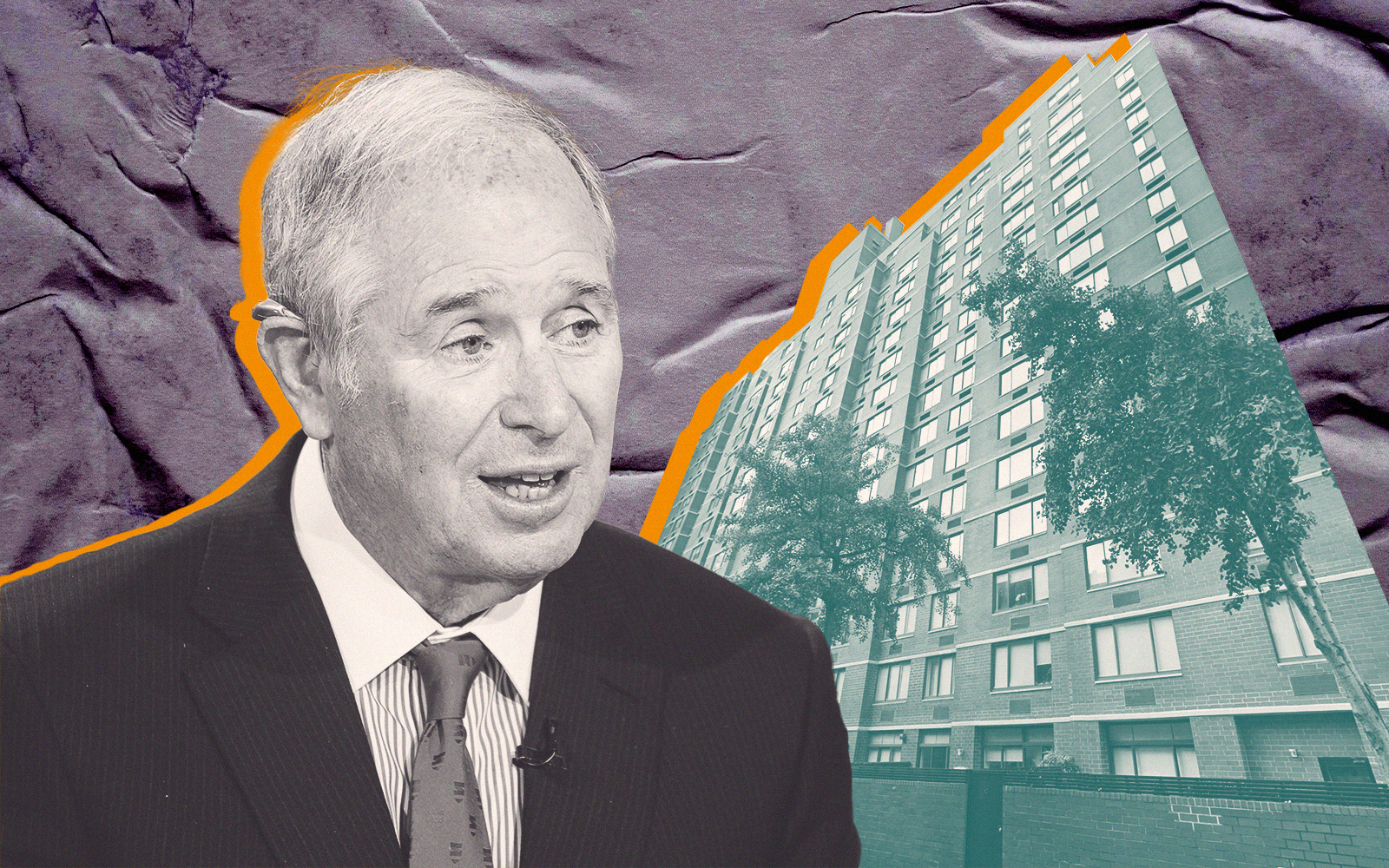As rising rates and tight credit markets shackled the commercial real estate market, Blackstone’s earnings suffered, the firm revealed Thursday.
The firm reported a near 40 percent drop in distributable earnings — cash tapped to pay shareholders’ dividends — to $1.2 billion as it struggled to sell real estate assets.
Real estate net realizations, the returns investors receive after the sale of a property, fell to just $50 million in the second quarter from $1.2 billion a year ago, a 96 percent drop.
Investment sales have stalled across commercial real estate markets as rising rates have led to a bid-ask gap on deals and fueled a stand-off between buyers and sellers.
“During [less favorable markets], as we’ve seen in past cycles, the portion of our earnings related to realizations is interrupted but ultimately re-emerges as markets heal,” chief financial officer Michael Chae said on an earnings call.
During the slowdown, Blackstone did sell two key assets: the JW Marriott resort in San Antonio for $800 million to Ryman Hospitality and a $3.1 billion logistics portfolio to Prologis.
Chief operating officer Jonathan Gray highlighted strong rent growth across its logistics portfolio, although the firm reported middling returns for its two real estate investment arms, opportunistic real estate and Core+, which primarily includes BREIT.
In the second quarter, gains on opportunistic investments were flat and Core+ funds appreciated 1.7 percent.
The firm also touted “real strength” in student rental housing, but offered little commentary on multifamily performance as a whole, noting only that “overall fundamentals are stable and cash flow is increasing at a high single-digit rate.”
Chae added that 80 percent of BRIET’s holdings enjoyed net operating income growth of 7.5 percent.
Blackstone limited investor withdrawals from BREIT last year following a surge of redemption requests. Last week, the firm reported the fund had posted its strongest returns in nearly a year.
More than half of BREIT’s investments are in rental assets and 70 percent of that portfolio is concentrated in the South and West, according to Blackstone’s website.
Those markets, which encompass the Sun Belt, have seen rent growth slow from its pandemic peak — and in some cities turn negative.
In Las Vegas, BREIT’s top rental market with 10 percent of investment share, rents slipped nearly 5 percent annually in July, according to Apartment List.
Multifamily has emerged as the latest asset class of concern as falling rents and a record number of loans soon to mature in a higher rate environment have spurred industry-wide concerns and an uptick in expensive rescue capital waiting in the wings.
The most exposed borrowers are those that took out short-term, adjustable-rate loans at ultra-low interest rates. Analyses by The Real Deal found regional owners such as Tides Equities and Rise48 may face distress as loans come due.
It’s unclear how much exposure Blackstone has to that type of debt. A researcher for CRE data firm Trepp told The Real Deal, “It’s not just the Rise48s of the world that are facing this.”
“It’s Blackstone and Brookfield and others that are in this exact same boat, and they’re all getting to the period where they have to extend their loans,” the researcher added.
Blackstone saw a $271 million CMBS loan backed by 11 Manhattan multifamily buildings transferred to special servicing in February and downgraded in March by Moody’s, which cited cash flow that does not cover debt service.
Blackstone took out the two-year, adjustable-rate loan in 2019. It has since tapped two extension options and has one more that would push the maturity date to August 2024.
Despite the headwinds, the firm said it had reached $1 trillion in assets under management, a first for any alternative asset manager.
Read more


